“Connections are made slowly, sometimes they grow underground. You cannot tell always by looking what is happening. More than half a tree is spread out in the soil under your feet. … Weave real connections, create real nodes, build real houses … ” These excerpts of Marge Piercy’s poem “Connections Are Made Slowly” serve as
an inspiration for this column series.
I am writing this in October, a month of somber anniversaries. Matthew Shepard was murdered on October 12, 1998. Matthew was murdered because of who he was: a gay man. Matthew was murdered by fear and ignorance. James Byrd was murdered on October 7, 2010. James Byrd was also murdered because of who he was: an African American man. It is tempting, sometimes, for those of us in the LGBTQ community to tie our struggle for civil rights to the civil rights struggles of African Americans or Latinos in our country. However, for people who are oppressed our struggles are connected, they intersect, and yet they are very different. James Byrd’s life story as an African American man in this country is not the life story of Matthew Shepard. To suggest that their struggles are the same is to discount both of their stories.
In my day job, I am the director of Madison-area Urban Ministry (MUM), a private, non-profit, interfaith, social justice organization. MUM works on a variety of social justice issues, including criminal justice system reform, poverty, homelessness and housing, and racism. We also provide supportive services for people returning from prison and for children who have an incarcerated parent. In my capacity at MUM, I was recently invited to be part of a panel discussion on homelessness. As each panel member spoke and time got short, one panel member had her presentation cut short by the moderator who wanted to make some additional remarks. The panel member who was cut off was the only African American member of the panel; however, she was not the only lesbian on the panel. Thankfully, an audience member pointed out the slight. So what was it that made the white male moderator decide that his comments were of greater importance? Why didn’t I or the other white LGBTQ folk in the audience see this more quickly and call it out? Those of us who are white live in a culture where our skin color still affords us a level of privilege that our brothers and sisters of color have never received, regardless of sexual orientation. Working on our own internal racism and recognizing that we do damage when we ask people to ignore their history, that those of us who are white benefit every day from our skin color, and that that privilege is something we exercise often with no awareness that we are doing it; that is our internal work.
The white LGBTQ community must be open to talking about our white privilege. We must be open to talking about issues of race, and not in the context of or working for a “color-blind society.” A color-blind society dismisses the experiences of people of color in this society; it says that context doesn’t matter, that slavery and its still-felt aftermath don’t matter. Yet if history doesn’t matter, why does the LGBTQ community celebrate the Stonewall riots with pride parades and festivals? Because history does matter, because context does matter, and because, in the words of Dr. Cornell West, “Race matters.”
If we want to broaden our movement, we must not only build connections with individuals and other civil rights movements, but also respect the individuals and the movements enough to honor their history. Within the African American community, Juneteenth is the oldest-known celebration commemorating the end of slavery in the U.S. On June 19, 1865, two and a half years after the Emancipation Proclamation was signed, Union soldiers reached Galveston, Texas, to proclaim that all slaves were free. Madison has held a Juneteenth celebration since 1990. Unfortunately, the LGBTQ community has been mostly absent from this celebration, even though it is part of the history of many LGBTQ men and women. Also unfortunate is the scheduling of FruitFest, a local celebration for the LGBTQ community, on the same day as Juneteenth. FruitFest was started in 2010, and despite complaints made by members of the LGBTQ community, FruitFest organizers have refused to move the event. FruitFest’s date was selected so as not to conflict with pride parades celebrating our Stonewall history; let’s be as considerate of the history of Juneteenth as we are of the Stonewall celebrations.
LGBTQ rights are civil rights, but we have no right to expect that others who have struggled and continue to struggle for civil rights should just naturally join in our cause when we have not done the challenging work of building relationships with other movements, other people, or other organizations that may not always be so accepting of us. It’s not the work of our brothers and sisters of color to drag us into enlightenment while we protest that we couldn’t possibly be racist because we have black friends. n
Madison-area Urban Ministry (MUM) is an interfaith social justice organization that spurs social change in and around Dane County. MUM’s mission is to be “a prophetic voice for justice, neighbors working together for social change.”




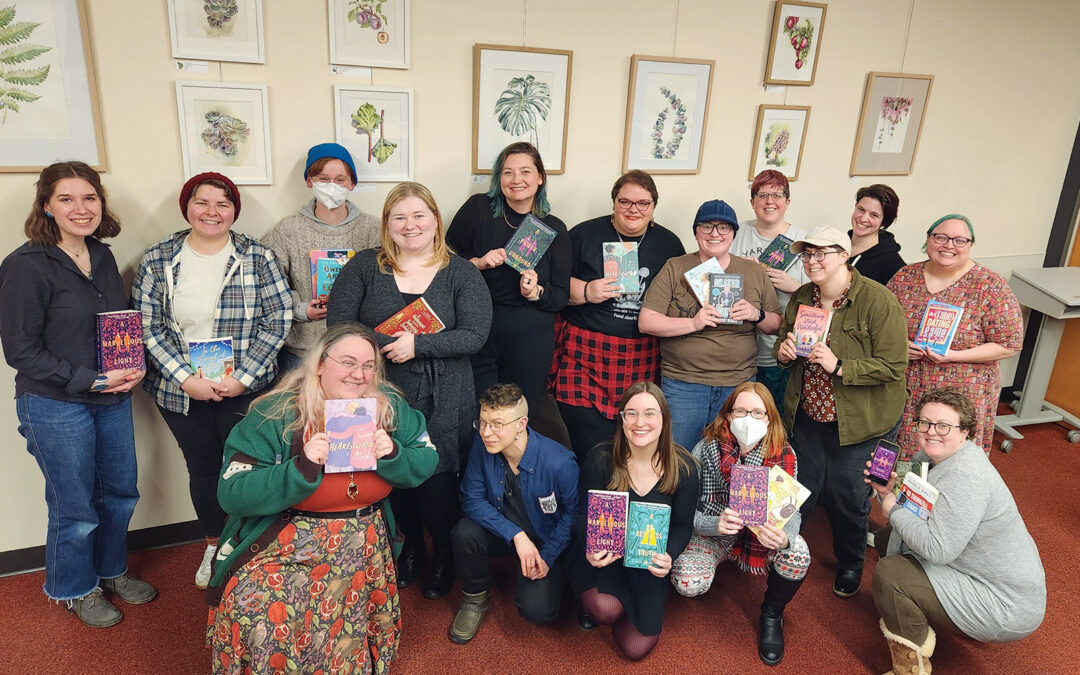
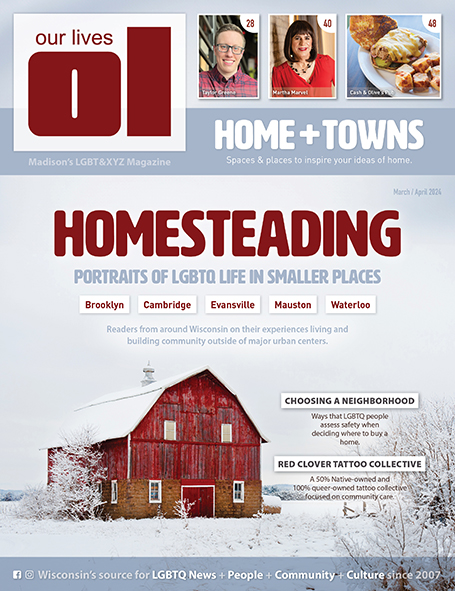
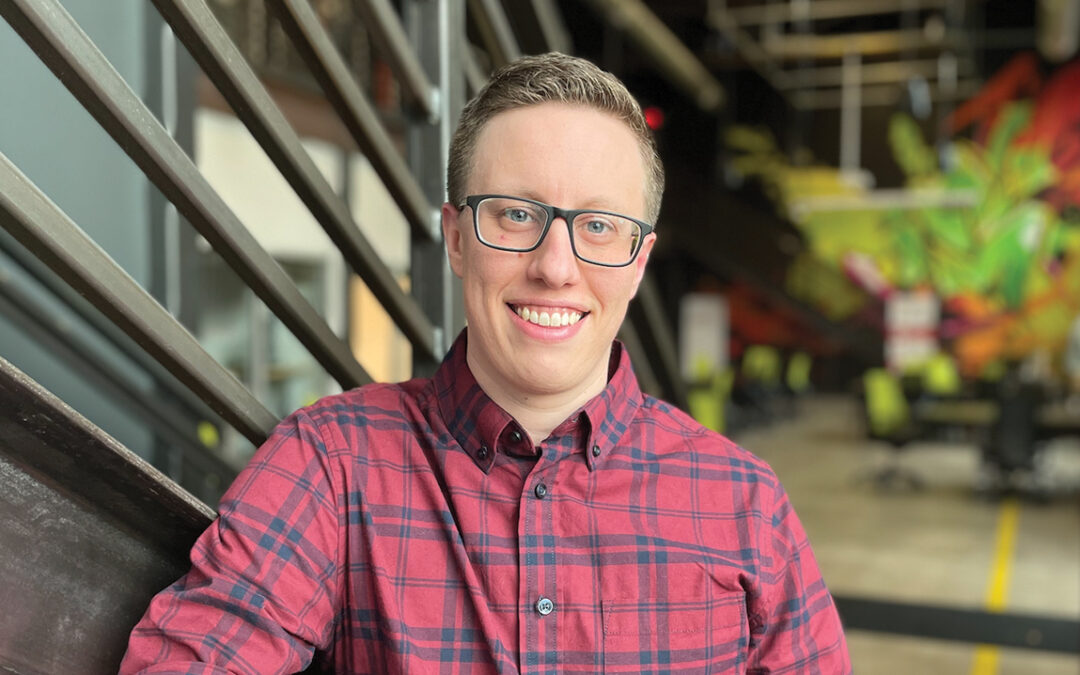
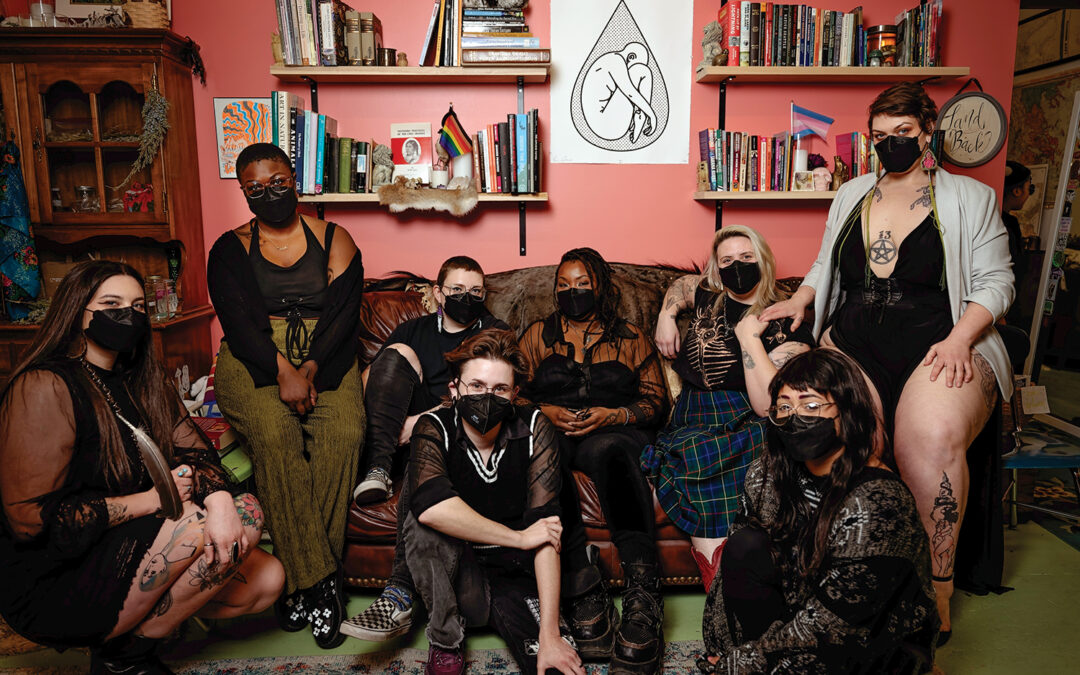
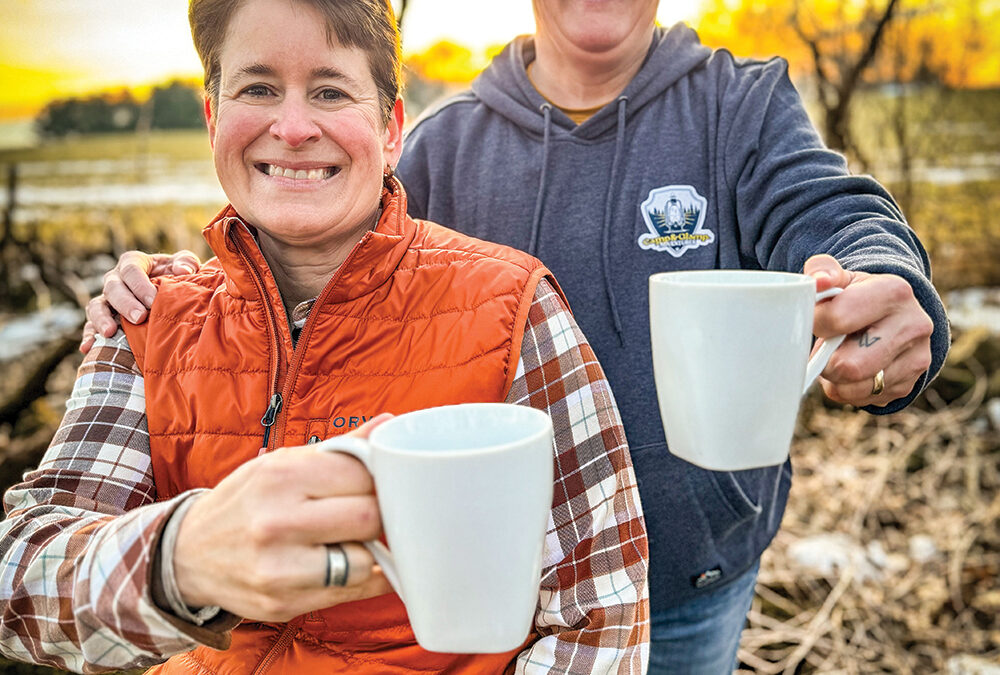
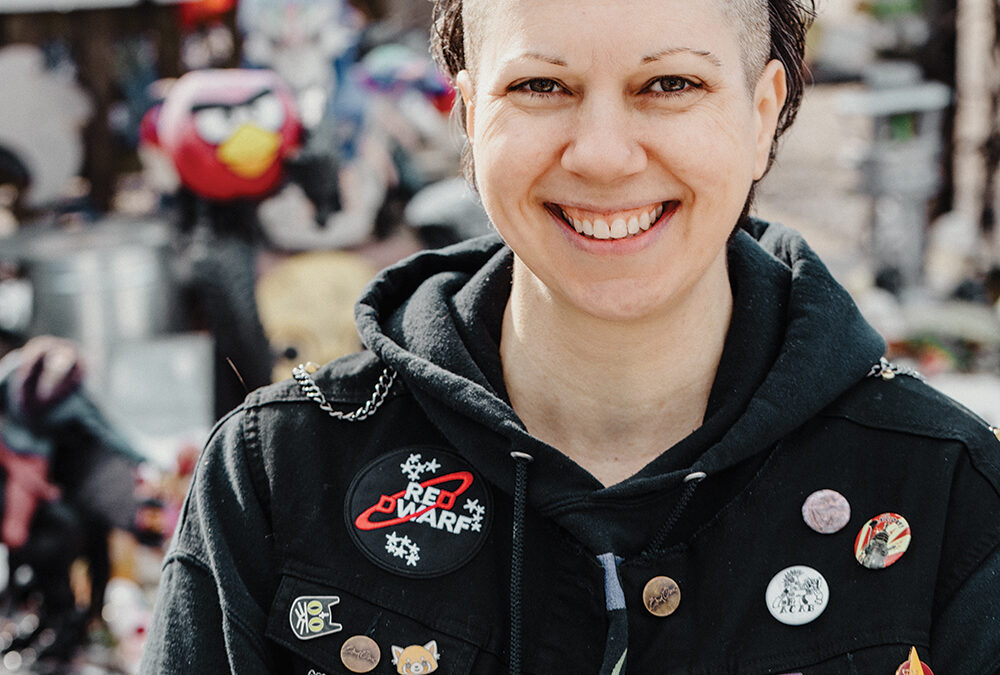
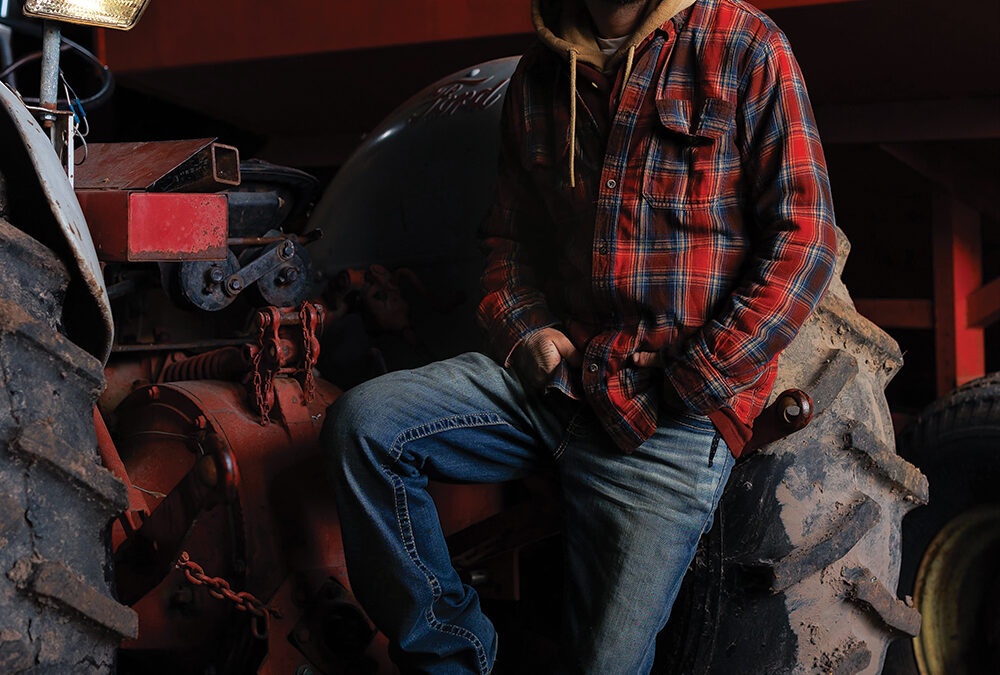
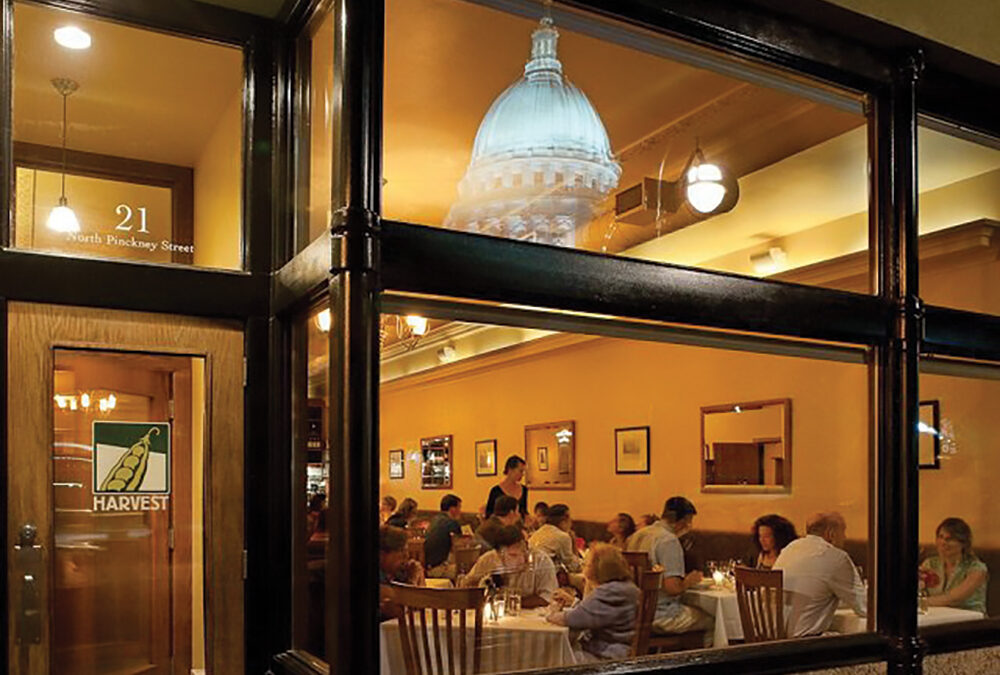
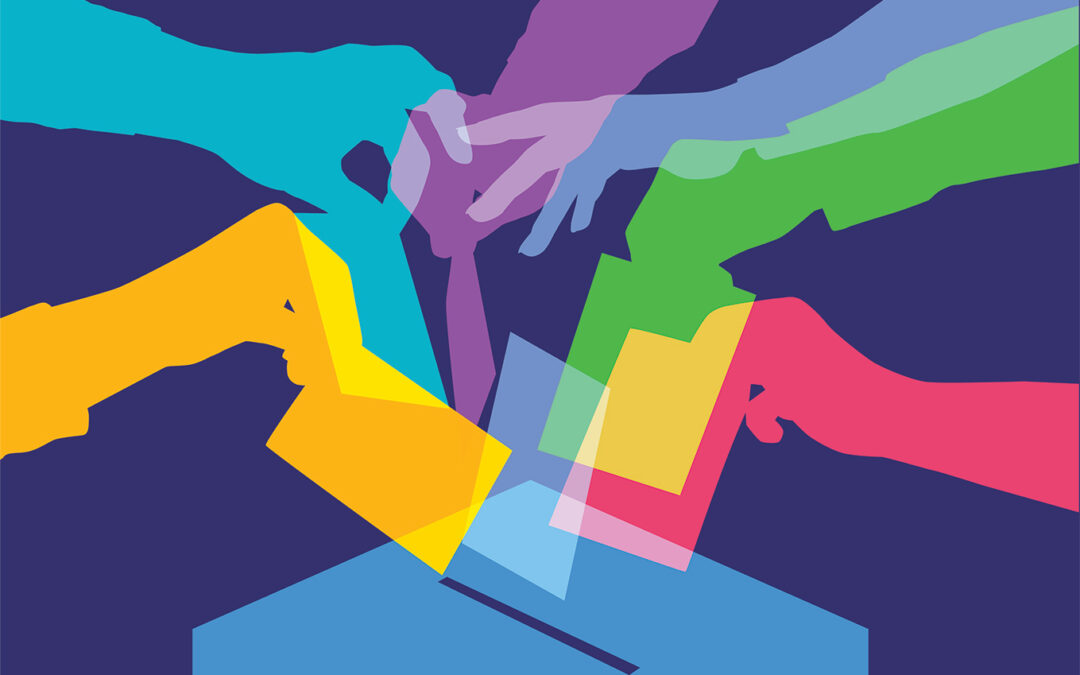
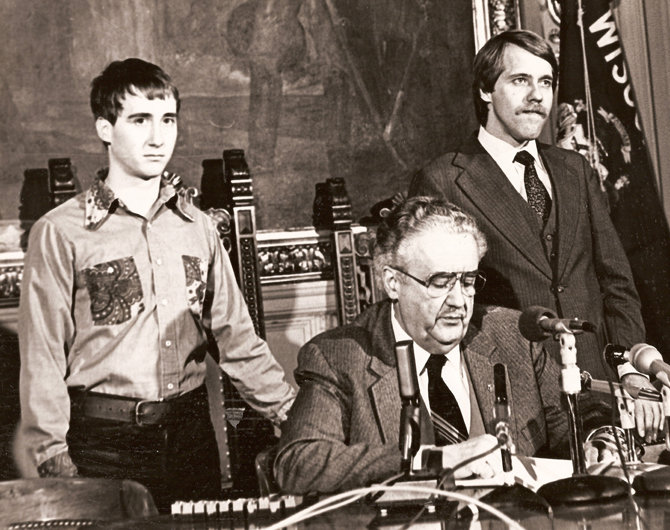










0 Comments